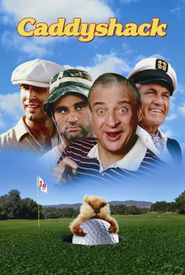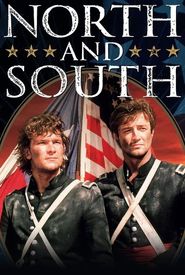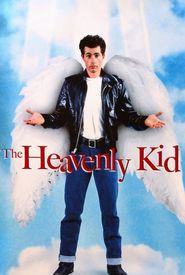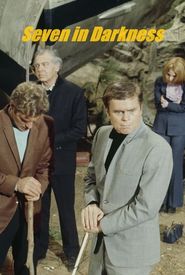Person Biography:
David Whorf's early start in the film industry as a child actor began in 1946 with a cameo appearance in the film "On Our Merry Way" alongside an all-star cast including Jimmy Stewart, Henry Fonda, Paulette Goddard, Fred MacMurray, and Burgess Meredith. During his summers, he attended Stanford University, where he majored in Theatre Arts and Fine Arts, and worked at the Country Playhouse in Marblehead, Massachusetts, and the Westport Country Playhouse, a theatre his father had previously played at.
After serving in the Army, Whorf returned to film making, appearing in over fifty television shows and six feature films, including a notable role in "PT 109" (1963),a biographical drama about John F. Kennedy's experiences in the South Pacific during World War II. He also collaborated with his father, Richard Whorf, on the pre-Broadway show "One for the Dame" in 1961, a rare occurrence where a father and son played father and son on stage.
Whorf wrote, produced, and directed a short subject, "Another Way Home", which received an "Honorable Mention" at the Cork Ireland Film Festival in 1964. He then spent two seasons in repertory theatre at Elitch Gardens in Denver, Colorado, earning praise for his performances in "Dark at the Top of the Stairs", "Five Finger Exercise", and "Little Mary Sunshine".
As a member of the Director's Guild of America since 1958, Whorf worked as a first assistant director on the Emmy Award-winning mini-series "A Woman Named Jackie" (1991) and also contributed to the production of "Caddyshack" and "The Right Stuff" (1983). He continues to work actively in the film industry, taking on various roles from director to unit manager and assistant director, and has written three feature scripts, with "Deadly Intent" being optioned by a production company.
In 1980, Whorf recognized the impact of computers on the film industry and co-founded Alnitak Computing Company with Rob Alger, creating the first film production software package, "AD/80".


























